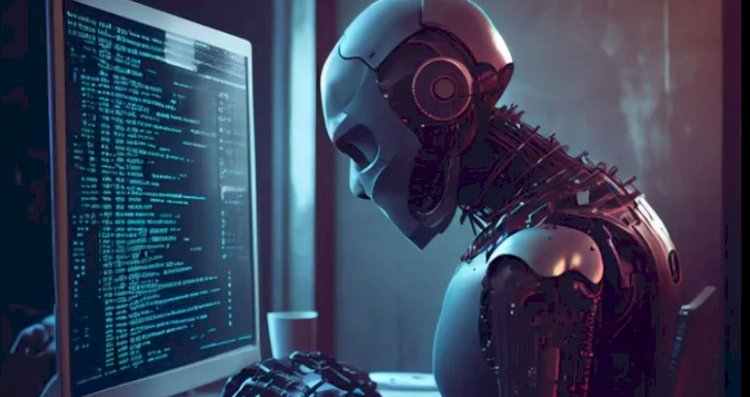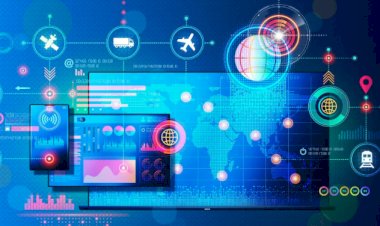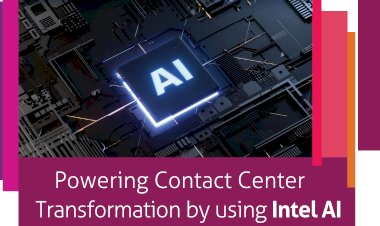Is AI Becoming Dangerous for the Future?

Artificial Intelligence (AI) has revolutionized industries, making processes more efficient, driving innovation, and transforming the way we live and work. However, as AI continues to advance, concerns about its potential dangers and impact on the future are becoming more pronounced. While AI offers numerous benefits, its rapid growth raises questions about ethics, safety, and the broader societal implications.
One of the primary concerns surrounding AI is the loss of jobs. As automation becomes more sophisticated, tasks that once required human involvement are increasingly being handled by AI. In sectors like manufacturing, logistics, and even customer service, machines and algorithms are replacing human workers. While AI can improve efficiency, this shift could lead to widespread unemployment, especially for lower-skilled workers, exacerbating social and economic inequalities.
Another significant worry is the potential misuse of AI in areas such as surveillance, privacy violations, and warfare. Governments and corporations are using AI for data collection and surveillance, which, if left unchecked, can infringe on individual privacy rights. Autonomous weapons powered by AI present another serious concern. The development of AI-driven military systems could lead to ethical dilemmas and a loss of human control over life-and-death decisions, raising the specter of conflicts driven by machines rather than human judgment.
AI's capacity for decision-making also brings into question issues of bias and fairness. Since AI systems are trained on large datasets, they can unintentionally perpetuate and amplify biases present in the data. This has already been seen in AI algorithms used for hiring, law enforcement, and loan approvals, where decisions have been skewed based on racial, gender, or economic biases. Left unchecked, these biases could create unfair systems that perpetuate discrimination.
As AI becomes more integrated into society, there are also concerns about its potential to outsmart human intelligence. Advanced AI systems, particularly those with the potential to learn and adapt autonomously, could eventually surpass human cognitive abilities. While this seems far off, experts like Elon Musk and Stephen Hawking have warned about the risks of AI becoming uncontrollable, potentially posing existential threats to humanity if it is not carefully regulated and aligned with human values.
Despite these concerns, AI remains a tool that is shaped by the intentions and actions of those who develop and deploy it. To mitigate the risks, global efforts are needed to establish ethical guidelines, create regulatory frameworks, and ensure that AI development prioritizes safety, transparency, and fairness.
In conclusion, while AI holds immense promise for the future, its unchecked growth could lead to significant dangers. To harness its benefits while minimizing risks, society must focus on responsible development, clear regulations, and maintaining human oversight over critical decisions. AI, like any powerful technology, can be a force for good or harm depending on how it is managed in the years to come.




















